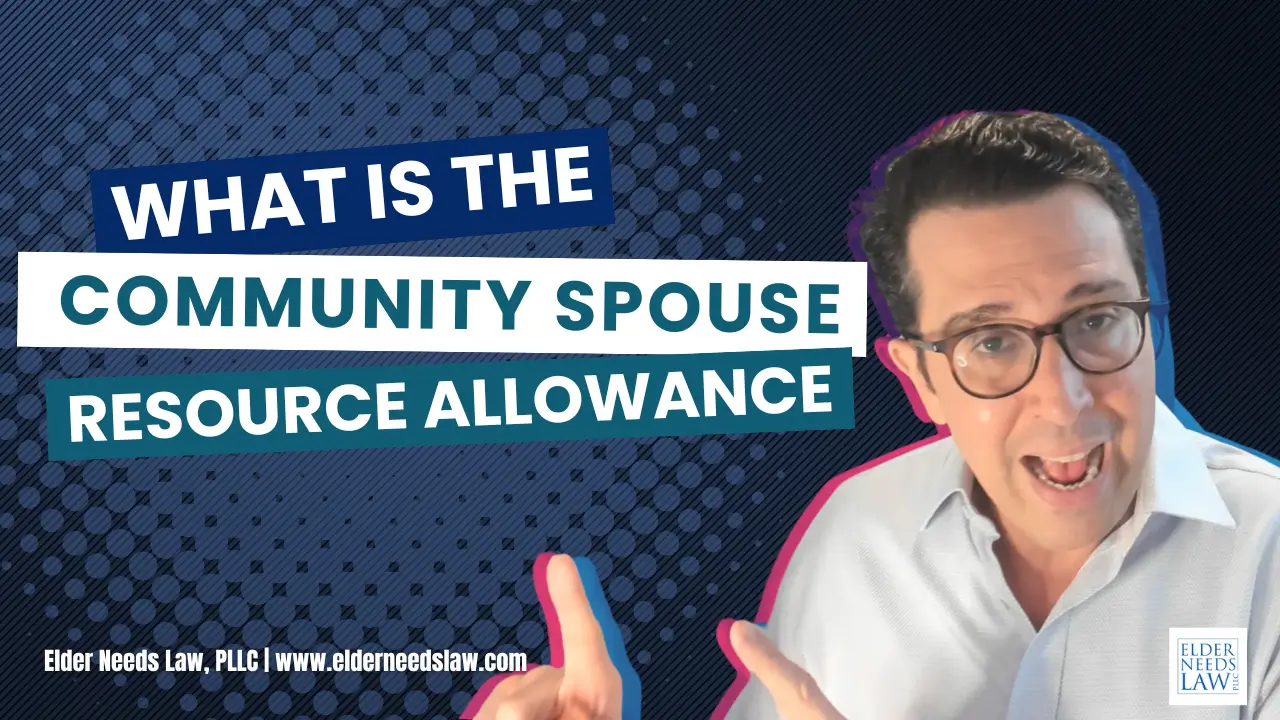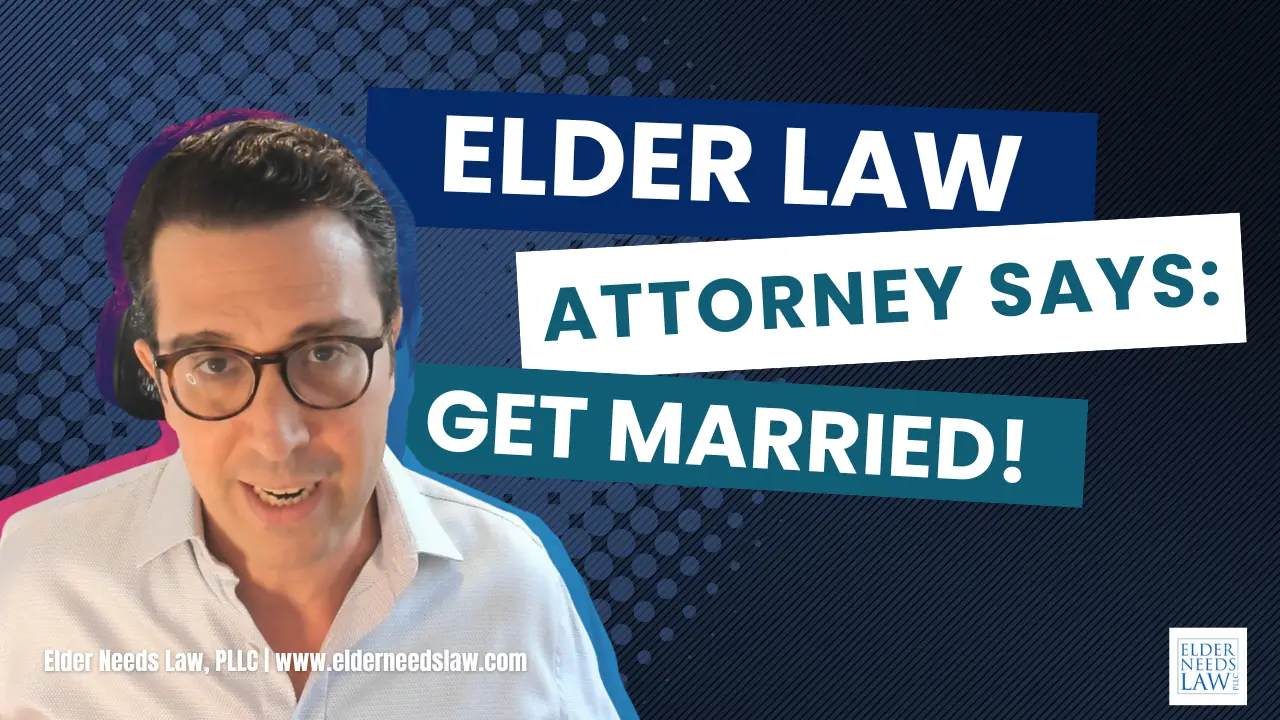Protecting Your Assets: What Florida Couples Need to Know About the Community Spouse Resource Allowance (CSRA)

When facing long-term care costs in Florida, married couples often worry about losing everything they've worked for throughout their lives. The good news? Florida's Medicaid program includes important protections designed specifically for married couples through something called the Community Spouse Resource Allowance, or CSRA.
If you're married and one spouse needs care at home, in an assisted living facility, or in a nursing home, the CSRA can make all the difference in preserving your family's financial security.
What Exactly Is the Community Spouse Resource Allowance?
The Community Spouse Resource Allowance is a specific dollar amount that the healthy spouse (called the "community spouse") can keep when the other spouse applies for Medicaid to help pay for long-term care. This allowance changes annually, and for 2025, the CSRA in Florida is $157,920.
Think of it as a financial safety net that prevents the healthy spouse from being left destitute while their partner receives necessary care through Medicaid.
How the CSRA Works in Practice
Here's where it gets interesting. While the spouse applying for Medicaid can only keep $2,000 in countable assets, the community spouse can retain up to $157,920 as of 2025. This creates opportunities for married couples to protect a significant portion of their assets legally and ethically.
Let's say a couple has $159,920 in countable assets (that's the $157,920 CSRA plus the $2,000 the Medicaid applicant can keep). In this case, asset protection becomes straightforward. The couple can simply transfer all but $2,000 to the healthy spouse's name, and the Medicaid applicant becomes immediately eligible without needing complex planning strategies.
When You Have More Substantial Assets
For couples with larger estates—say $500,000 or more in countable assets—the CSRA serves as the foundation of a more comprehensive asset protection strategy. The first step involves moving $157,920 into the community spouse's name. Then, depending on the specific situation and timing, additional asset protection tools can help preserve the remaining wealth while ensuring Medicaid eligibility.
Important Distinctions: What Counts and What Doesn't
Not all assets count toward Medicaid's asset limits. Your homestead typically doesn't count as a countable asset, and IRAs that are paying out regularly are generally exempt as well. However, most other assets—savings accounts, investment accounts, CDs, and other financial holdings—do count toward these limits.
The Gift Rules: What You Can and Cannot Do
One crucial point that surprises many couples: while gifting outside the marriage can create significant penalties and a five-year look-back period problem, gifting between spouses is perfectly acceptable under Medicaid rules. This flexibility allows couples to restructure their assets legally to maximize protection.
A Valuable Bonus After Medicaid Approval
Here's something many people don't realize: once the Medicaid recipient receives approval, the community spouse is no longer restricted by the CSRA limit. Their assets can grow through investments, and Florida Medicaid won't count these increases during renewals. This creates additional planning opportunities for couples who want their money to continue working for them.
Why Professional Guidance Matters
Medicaid planning involves numerous rules, exceptions, and strategies that can significantly impact your family's financial future. Each couple's situation is unique, and the timing of various planning moves can make the difference between protecting your assets and losing them.
The CSRA represents just one tool in a comprehensive approach to asset protection and Medicaid planning. When combined with other strategies and properly timed, it can help Florida couples preserve their life's work while ensuring that necessary care remains accessible and affordable.
Take the Next Step
If you're facing potential long-term care costs in Florida, don't wait until a crisis hits. The sooner you begin planning, the more options you'll have to protect your assets and secure your family's financial future.
Resources for Florida Residents:
- Website: elderneedslaw.com
- Medicaid Planning Resources: medicaidplanninglawyer.com
- Book: "Medicaid: How to Pay for Some of Your Long-Term Care Expenses" - Available on Amazon
Whether you're just beginning to think about long-term care planning or facing an immediate need for Medicaid benefits, getting accurate information about Florida's rules and available strategies can help you make informed decisions about your family's future. The Community Spouse Resource Allowance is designed to provide protection—make sure you take full advantage of what's available to you under Florida law.







